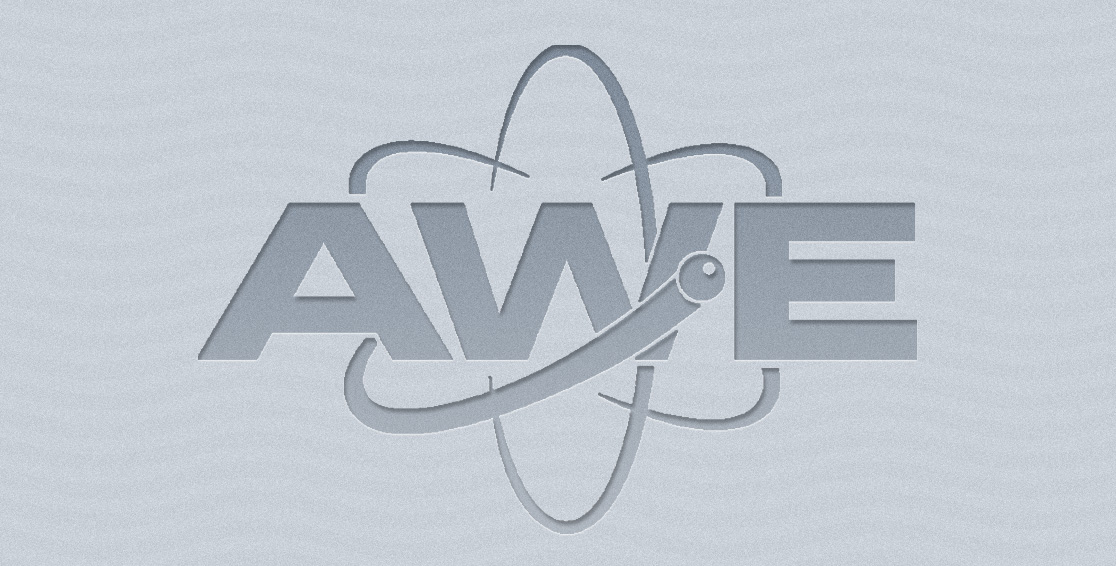An annual review by Nuclear Information Service (available to download at the end of this article) has concluded that standards of accountability and openness at the Atomic Weapons Establishment (AWE) – the Berkshire factories where the UK’s nuclear weapons are manufactured and maintained – remain “poor”, having failed to improve over the past year.
The report argues that AWE has ignored requests to adopt best practice in dialogue with neighbouring communities and has failed to take a frank and open approach to communicating safety issues which arose during the year, resulting in damage to its reputation.
The Nuclear Information Service report presents an annual review of the openness with which AWE operates and assesses the company’s arrangements for discussing matters of concern with local communities. In 2012 Nuclear Information Service published the results of a major study into AWE’s standards of community liaison, and the new report is the first of a series of annual updates on the company’s progress in dealing with issues which were raised by the study.
The report points out that AWE has ignored requests to give a public commitment to adopt ‘best practice’ standards in community engagement which are increasingly becoming the norm elsewhere in the nuclear industry, and concludes that site managers do not seem to accept that dialogue with local communities should be a routine part of its operations and a practice which can benefit the company.
During 2013 AWE faced a number of cases of enforcement action from government regulators and the report concludes that “a more open and honest approach to communication would have helped in addressing the reputational issues which have resulted from this”.
The report welcomes steps taken by the Atomic Weapons Establishment Local Liaison Committee – a forum where local councillors meet regularly with AWE managers – to review the role and purpose of the Committee. However, it warns that steps to reform the Local Liaison Committee will need to go further than currently planned if they are to improve the effectiveness and accountability of the group’s work, and that Committee members need to do more to show their independence in questioning AWE and challenging the company when it is necessary to do so.
The progress report is highly critical of the Ministry of Defence’s approach to communication on nuclear matters, concluding that “rather than improving, the Ministry’s performance in this area is, if anything, deteriorating”, and that much of the secrecy relating to nuclear matters “has nothing to do with the demands of security and everything to do with avoiding scrutiny of performance”.
In contrast, the Office for Nuclear Regulation – the government watchdog responsible for controlling safety standards at nuclear sites such as the Atomic Weapons Establishment – is credited with making good progress in trying to raise its own standards of openness and transparency.
Download the annual progress report here:
